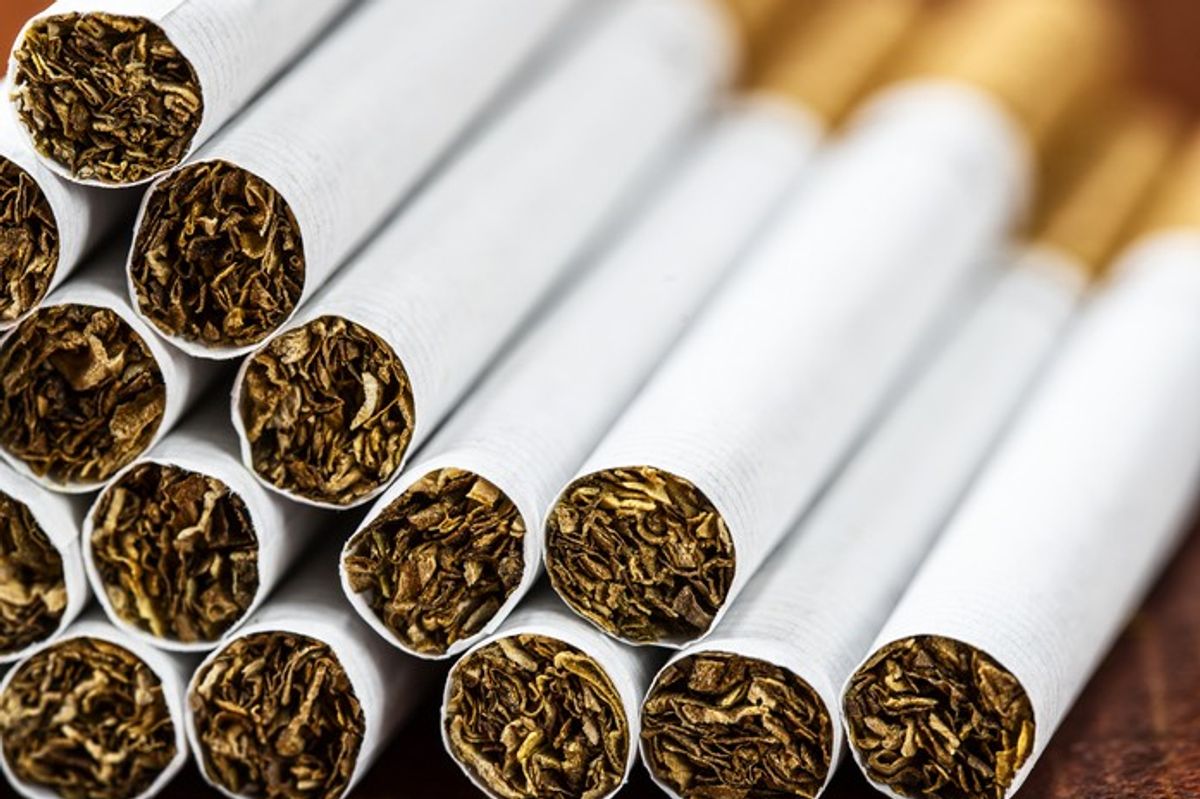The National Business Crime Centre (NBCC) has called for tobacco track and trace technology to be made available to policing in order to crack down on the illicit trade in stolen tobacco and its resale on the black market.
The call follows a new report by City, University of London, commissioned by the NBCC, that looked at the severity of tobacco theft, its consequences and how the utilisation of track and trace technology could prove to be a game changer in tackling organised criminal activity and provide law-abiding businesses with the protection that they deserve.
The report has made several recommendations including awareness training for police about the existence of tobacco track and trace and how it can help them in the identification, investigation and prosecution of serious and organised criminals.
“Tobacco theft has emerged as a lucrative proposition for organised career criminals who exploit its relatively hidden nature. They operate with the knowledge that not only is there a low likelihood of detection, but if they are apprehended, the penalties will likely be minimal if they do not use or threaten violence during an offence,” Professor Emmeline Taylor, professor of criminology at City, University of London and report’s author, said.
“With the increase in tax on tobacco products and the proposed generational ban, the demand for stolen and counterfeit tobacco is set to increase dramatically.
“My report, Lighting Up, outlines eight key recommendations for tackling tobacco theft. Chief among them is to extend the Tobacco Track & Trace app to law enforcement such as the police. This will enable officers to immediately check if tobacco is stolen and, importantly, where from thereby linking offenders to their crimes. TT&T could provide the ‘golden thread’ to enable the prosecution of some of the most serious and organised criminals operating across the UK.”
Since 20 May 2019, tobacco manufacturers have been required to provide unique identifier codes on cigarettes and hand-rolling tobacco products. Tobacco products are scanned as they make their way through the supply chain and the data is stored in a UK database.
If tobacco is stolen from a shop kiosk for example, and then ends up for sale in another retail outlet, by scanning the tobacco it will show the name of the retail outlet where it was meant to be sold, letting police know that it has been purchased by the retailer illegally.
However, currently the TT&T legislation specifies that only HM Revenue and Customs (HMRC) have access to the database (although National Trading Standards can now access the ‘app’ following the enactment of The Finance Act 2022).
“Crime control usually involves complex initiatives that understandably can take a long time to come to fruition. Yet, in this case, a key piece of intelligence gathering and evidence building technology could be at the fingertips of the police – they just need to be granted access to use this powerful tool,” Professor Taylor said.
“Given access, TT&T will provide a vital tool to in preventing, identifying and prosecuting offenders which will protect law-abiding businesses and ensure that tobacco products are sold legally and responsibly.”
The report makes a total of eight recommendations which includes a call for the legislation around the use and access to TT&T to be revisited so that law enforcement can use it to improve intelligence and investigation into the illegal sale of tobacco products and other associated crimes.
NBCC lead Supt Patrick Holdaway commented: “I would like to thank Emmeline for her work on the report and for the recommendations. If police were able to access Tobacco Track and Trace App and the database, they would be able to routinely check tobacco being sold by local retailers to ensure it was legitimate. This would undoubtedly act as deterrent to any retailers thinking about purchasing tobacco on the black market and reselling it. In turn that reduces the demand for criminals to steal it in the first place as they will have less people willing to buy it from them. The NBCC will work with the relevant partners and stakeholders to explore how the recommendations can be implemented.”


